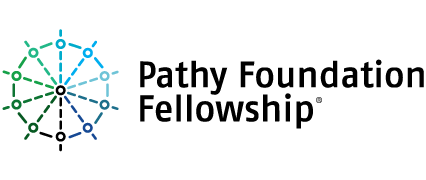Salome Barker
St. Francis Xavier University
Women and Gender Studies
Project location: Grand Falls-Windsor, Newfoundland
“Who We Are” – Revitalizing Mi’kmaq Identity with Youth
What was the initiative?
Salome’s project, “Who We Are,” was focused on bringing Mi’kmaq youth together to explore and connect to their culture, language and identity. Salome worked with both status and non-status Mi’kmaq youth across the Island, hosting cultural workshops led by Elders, artists, and Mi’kmaq leaders from the community. Salome also attended events such as the Mawita’jik Maljewe’jk Youth Gathering, and the Montreal Indigenous Innovation Initiative, where she continued to collaborate with other Indigenous youth leaders and promote her Fellowship project work.
What was the community connection?
Salome is a member of Qalipu First Nation. She was born and raised in Grand Falls-Windsor, and has lived in Central Newfoundland for all of her life, apart from attending university in Antigonish, Nova Scotia. Ktaqmkuk is the traditional, unceded territory of the Beothuk and the Mi’kmaq peoples, and Salome returned to these lands following the completion of her undergraduate degree to implement her Pathy project, and work with other Mi’kmaq youth.
How was it innovative?
This was the first project of its kind to be started in Grand Falls-Windsor, NL. There have been many efforts made to promote Mi’kmaq culture and preservation in the region, however, none which focused solely on youth or which worked consistently over such a long time period. Salome was able to make connections with many Indigenous peoples across Ktaqmkuk, and through her work, began discussions with the Qalipu First Nation on the importance of establishing a permanent cultural coordinator position for the central Island region to continue this type of community and youth engagement work in the future. As Salome described, “revitalizing Indigenous identity is not easy and it’s not something that is done overnight. It takes years, and for each individual it is a very different journey.” Salome’s project started to bridge gaps in cultural programming, and created a safe space for Mi’kmaq youth to feel seen through connecting them to the community outlets and networks within their reach. The project also acted as a catalyst for other Mi’kmaq youth to start and share their own community projects. In terms of visibility, the project also affirmed to higher forms of government in both Indigenous and non-Indigenous spaces that Mi’kmaq youth in Ktaqmkuk are present, active, want to be heard, and want to be engaged in processes of change for themselves and their communities.
What is Salome doing now?
Following the Fellowship, Salome continued her work in youth and community engagement as the new Youth Representative on the Qalipu First Nation Council. Salome currently works as Youth Coordinator and Program Facilitator with the First Light Friendship Centre in Newfoundland. In January 2022, Salome began the process of producing a new segment on CBC Radio called “Good Medicine,” where she features Indigenous artists from the Atlantic Region. Salome has continued to stay involved with Mi’kmaq youth through her current role at First Light, and through community events such as the 2021 Newfoundland & Labrador Folk Festival (where she co-wrote and performed a children’s play exploring Indigenous identity and friendship).


